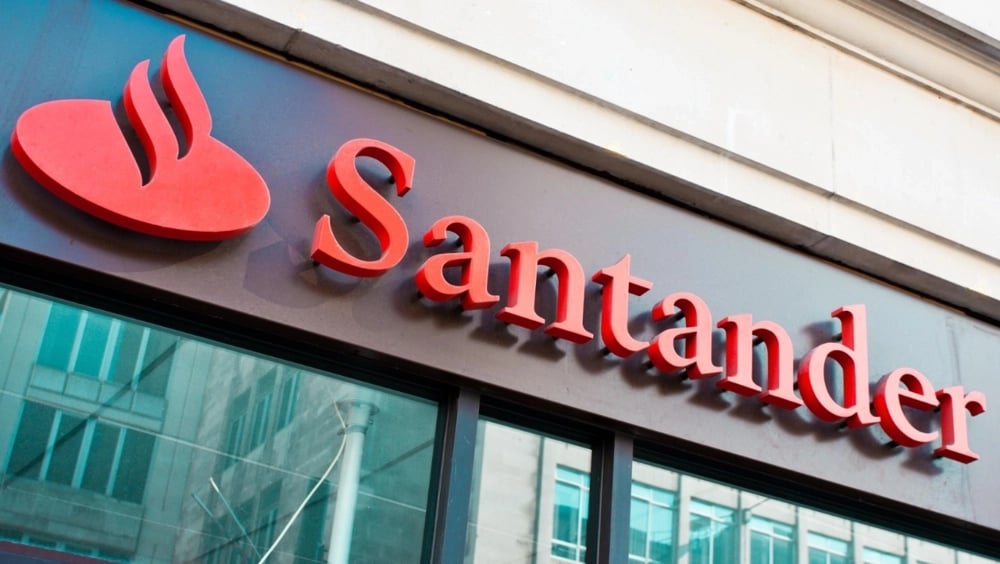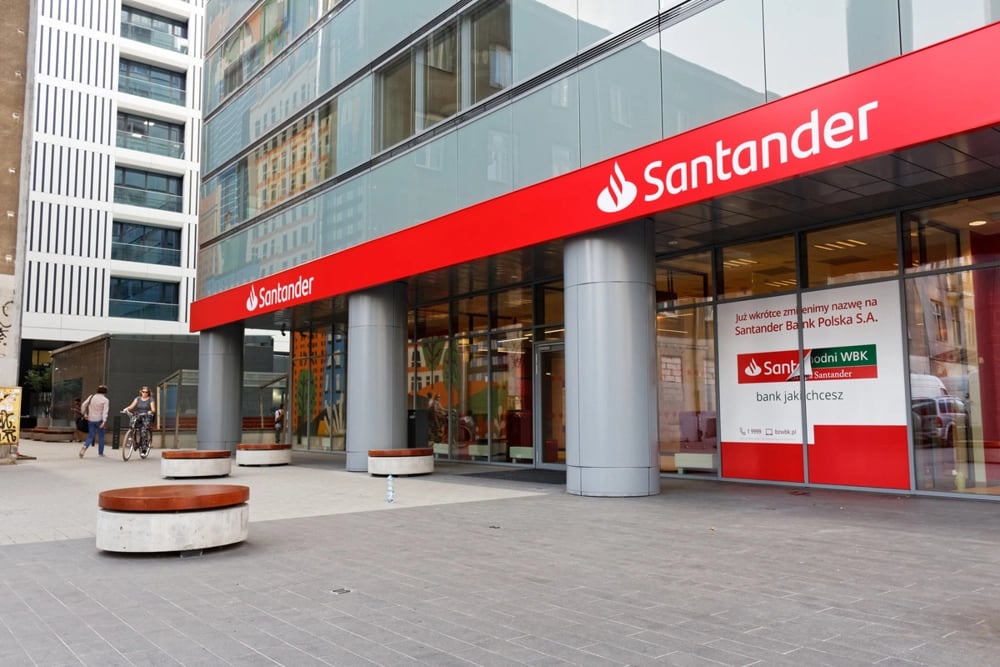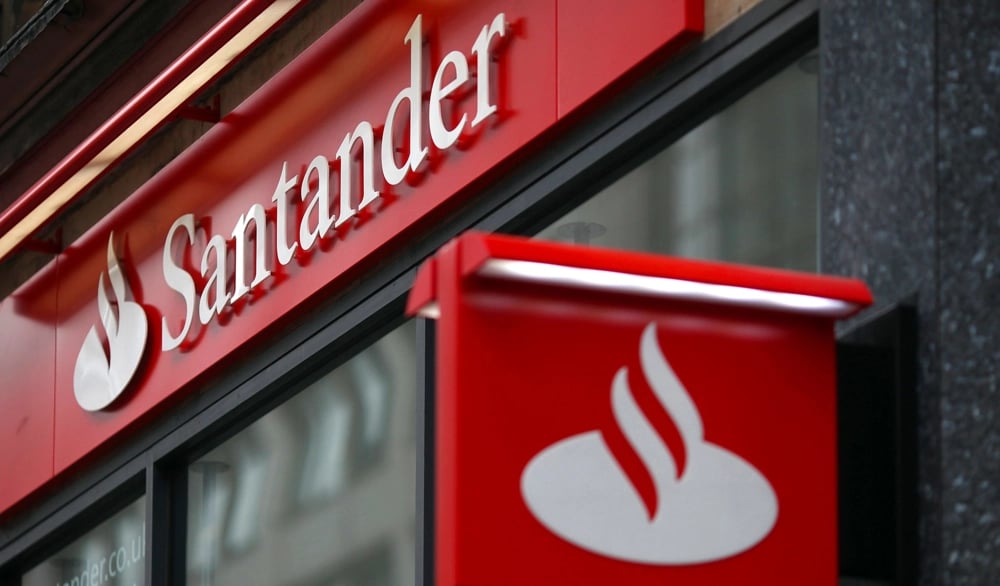Related Articles
Lockheed Martin Stock Ratings Diverge as Analysts Revise Price Targets Amid Market Volatility
Lockheed Martin Corp. $LMT, one of the largest defense contractors globally, is facing diverging analyst views amid shifting macroeconomic and geopolitical conditions. While some investment banks have downgraded the stock due to valuation concerns, others have upgraded their outlook in anticipation of improved defense spending and contract flows. The variance in analyst sentiment comes amid sector-wide scrutiny of defense equities as investors balance geopolitical risk premiums against fiscal sustainability and earnings growth.
American Express Unveils Major Platinum Card Upgrades Amid Shifting Consumer Trends
American Express $AXP announced a sweeping update to its U.S. consumer and business Platinum® Cards, marking the most significant overhaul in the product’s four-decade history. This strategic move comes at a time when evolving preferences among Millennials and Gen Z are reshaping spending patterns, particularly across travel, dining, and lifestyle categories.
Coty Shares Surge 11% on Speculation of Strategic Breakup
Shares of Coty Inc. $COTY jumped 11% following a report by WWD suggesting that the global beauty company is exploring a potential strategic sale, possibly involving the separation of its luxury and consumer beauty divisions. The discussions are reportedly in the early stages, with multiple industry sources confirming that Coty is weighing such a move. The sharp rise in the stock reflects investor optimism about the potential value unlocked through a restructuring or sale, particularly given Coty's diverse brand portfolio and expansive global distribution network.








The implications of this deal could ripple across the tech sector, influencing automation's trajectory significantly.
It's intriguing to see how Santander's strategic shifts might reshape its presence in the global market.